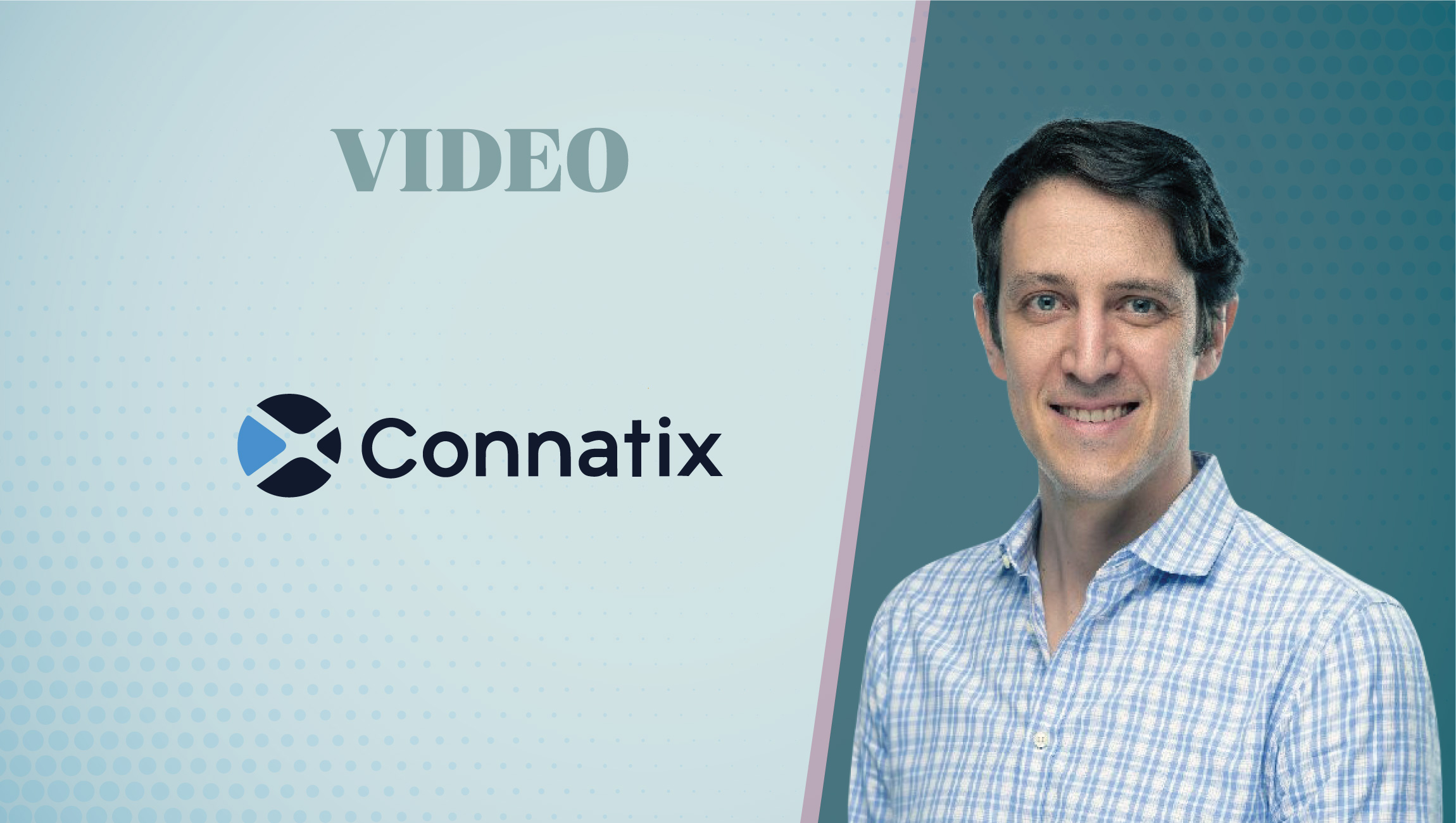Tell us about your role and journey into technology. What inspired you to start Piano?
I come from the agency business, having sold a digital agency I founded called “Schematic” to WPP once we were about 350 people. Running a conglomerate of agencies for WPP called Possible Worldwide, I saw that with the advent of programmatic advertising, display ad CPMs were never going to yield enough revenue to pay for premium content. I also saw that media companies didn’t have any technology companies of scale helping them in their fight to retain customer relationships in a world where Silicon Valley was trying to take them away.
Once I got into SaaS, I saw how competitive a market it is — but also how fragmented, noisy, and frankly, inelegant most of the solutions were. I set upon a path to start a company that would integrate the functionality of a lot of different point solutions in a powerful, beautiful, simple package that would help the media sector, and then to branch out from there.
What is Piano and how does it fit into a modern CMO’s Marketing Technology stack?
The Piano platform is a data-driven rules and billing engine. Businesses use our tools to manage one-to-one interactions with millions of customers at scale: segmenting users, running campaigns, personalizing site experiences, managing customer identities, and conducting subscription commerce. This end-to-end capability doesn’t keep our clients from using their preferred point solution in one spot or another, but speeds time to market and enables media companies and content marketers to easily orchestrate, measure and optimize the entire customer journey.
CMOs plug various data sources into Piano to augment the data we already collect on-site and through registration and transactions, bringing in segments and data from companies such as BlueKai, Krux, Lotame, Facebook, and Google — and then visualize and act on that data through Piano’s rules engine. Then, Piano either makes elements appear on-screen, recommends content, sends appropriate emails and push notifications, or triggers third-party platforms in order to create the optimal experience for that particular user.
Our award-winning software powers hundreds of leading websites including Business Insider, Grupo Abril, NBC, Condé Nast, Bloomberg, The Economist, and Hearst — enabling them to analyze user behavior and take action via customized digital experiences to maximize revenue. Every month, Piano powers more than 200,000 digital media subscriptions and customizes the user experience for more than four billion site visits on over 1,300 brands.
Which businesses are the fastest to adopt Customer Experience Optimization (CX Optimization) platforms? What’s the readiness challenge to making CX work efficiently?
Businesses where key customer decisions occur in digital channels — in other words, an exploding number of companies around the world recognize that making those interactions satisfying for the customer and lucrative for the business is critical. Getting users to manifest the behaviors that best benefit the business and maximizing their gratification in those moments is increasingly critical for all businesses that are in any way digital.
How do you focus on bringing CRM and CX together at Piano? What are the core technologies driving your product?
We think of a CDP as the plumbing where customer data is processed, the CRM tool as the place where the business touches that data, and CX as the way that data is used to enhance the customer journey. Each one is critical, and the three add up to an “augmented intelligence” model — one in which the judgment and creativity of the brand come together with Machine Learning to create the most relevant and satisfying customer experience possible.
Tell us more about Piano ESP and how Marketing teams can benefit from leveraging it. How can businesses maximize their ROI from integrating Piano ESP into their current MarTech stack?
Piano ESP is the first artificially intelligent email newsletter platform to automatically personalize and deliver multi-channel, audience intelligent content recommendations to every individual user. It uses Machine Learning to analyze user behavior across email, desktop and mobile, discovering individual reader preferences to recommend the articles users are most likely to click on next. With Piano ESP, teams can create personalized newsletters and emails with behavioral analysis, adaptive design editors, and content selection rules to maximize results and increase revenue. Average reported results include a 150 percent increase in open rate, a 120 percent increase in page views, 80 percent longer visit durations and 50 percent increased revenue.
How do you manage your technology offering in the disrupted world of post-GDPR and heightened data privacy standards?
Piano is, and always has been, a first-party data tool. Giving users and our customers control over their data is core to our value proposition. As GDPR and ePrivacy concerns escalate, we only feel that our value to our clients, helping them control data flows and message their users, increases.
Which Marketing and Sales Automation tools and technologies do you currently use?
Our primary internal automation tools are HubSpot, and of course, Piano!
What are your predictions on the most impactful disruptions in AI and Data Management technology on CRM businesses for 2019-2020?
We believe that the cost of data storage and processing steadily decreasing will enable data applications to become increasingly performant, making real-time visualizations and processing of enormous datasets possible. That will continue to open up new applications for personalization.
What startups in the technology industry are you watching keenly right now?
We’re very focused on companies that are coming up with valuable derived and computed information from data. We are looking at companies who aren’t just processing raw data, but ones who are coming up with ways to consistently and accurately use algorithmic techniques to infer meaning from big datasets.
How do you prepare for an AI-centric world as a business leader?
In order to really understand the power of Artificial Intelligence, you need to understand what it can and cannot do. It can be difficult to explain to businesspeople that want a computer to do all their work for them that a computer can’t yet be strategic or imaginative, and those creative skills are the most precious ones in any business endeavor. But when it comes to acting within a defined range of options: settling optimal prices, for example — putting AI to work has become the only rational choice.
How do you inspire your people to work with technology?
One of the factors we consider with any new hire is their enthusiasm for what we do, and what we do is very heavily dependent on technology. We find there’s a difference between people who do or do not appreciate well-designed technology solutions, whether that be in their car, in a video game, on their phone, or in a piece of software. We try to hire only people who enjoy playing with and working with technology, because that affection for what we do always shines through in their work and communication with our clients.
One word that best describes how you work.
Transparently. Piano prides itself on the quantity and quality of its communication, inside and out.
What apps/software/tools can’t you live without?
Zoom, Skype, and Hangouts. We’re a globally distributed organization, and video conferencing quickly and easily is critical for us. I find people don’t use video nearly enough, but there’s no substitute for seeing each other.
What’s your smartest work-related shortcut or productivity hack?
Going to museums. There’s so much output required from us in business, and museums provide the most concentrated possible input.
What are you currently reading?
I’m reading “Blitzscaling,” by Reid Hoffman.
What’s the best advice you’ve ever received?
Never send an angry email.
Something you do better than others — the secret of your success?
I get more excited than most people. Sometimes, that’s contagious.
Tag the one person (or more) in the industry whose answers to these questions you would love to read:
Paul Canetti at MAZ
Thank you, Trevor! Hope to see you back on MarTech Series soon.
CEO at Piano, Trevor Kaufman has an extensive track record of building great brands and profitable businesses in media and technology.
Piano is a fast-growing enterprise SaaS company headquartered in New York City. Our award-winning software powers hundreds of leading media websites including GateHouse, Business Insider, Grupo Abril, NBC, Condé Nast, Bloomberg, The Economist, and Hearst — enabling them to analyze user behavior and take action via customized digital experiences to maximize revenue.
The MTS Martech Interview Series is a fun Q&A style chat which we really enjoy doing with martech leaders. With inspiration from Lifehacker’s How I work interviews, the MarTech Series Interviews follows a two part format On Marketing Technology, and This Is How I Work. The format was chosen because when we decided to start an interview series with the biggest and brightest minds in martech – we wanted to get insight into two areas … one – their ideas on marketing tech and two – insights into the philosophy and methods that make these leaders tick.











